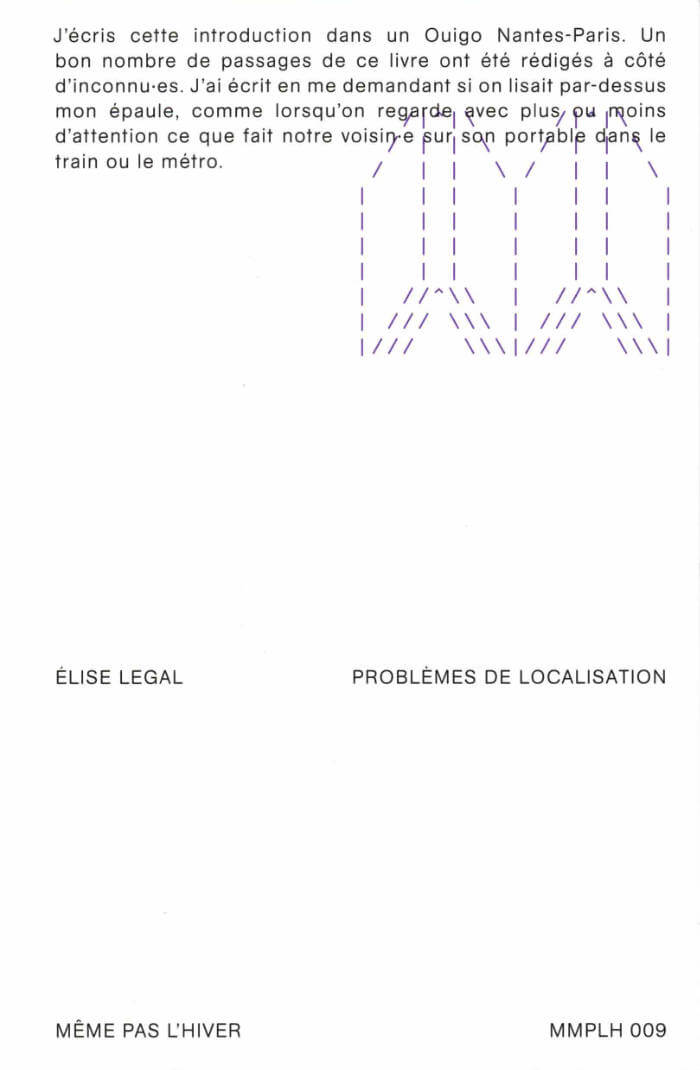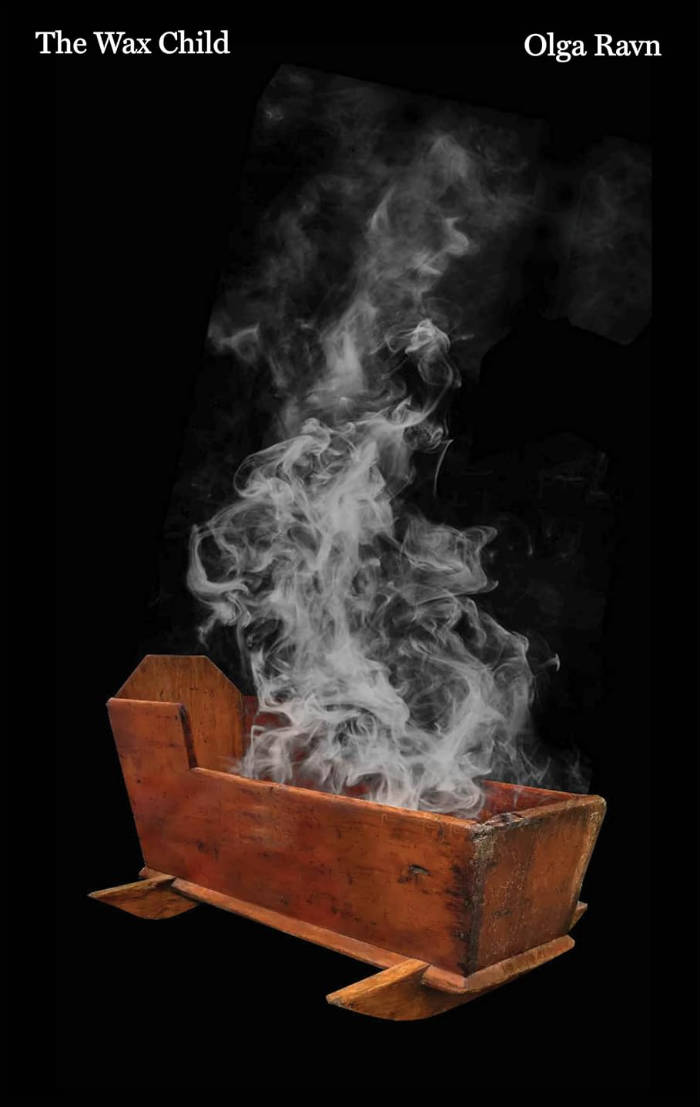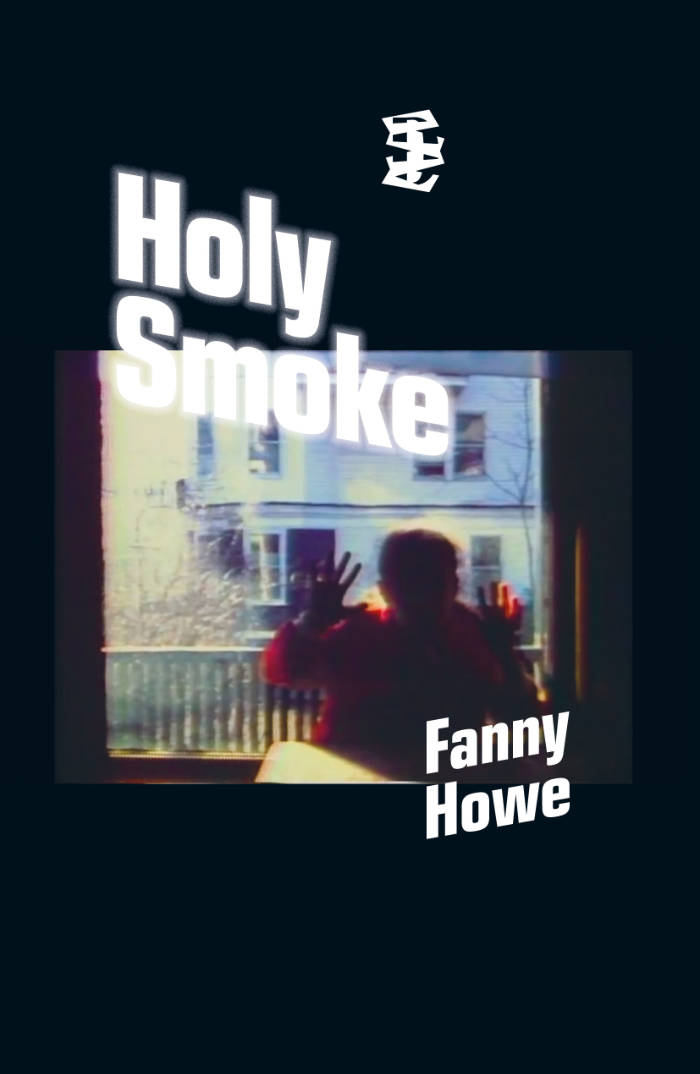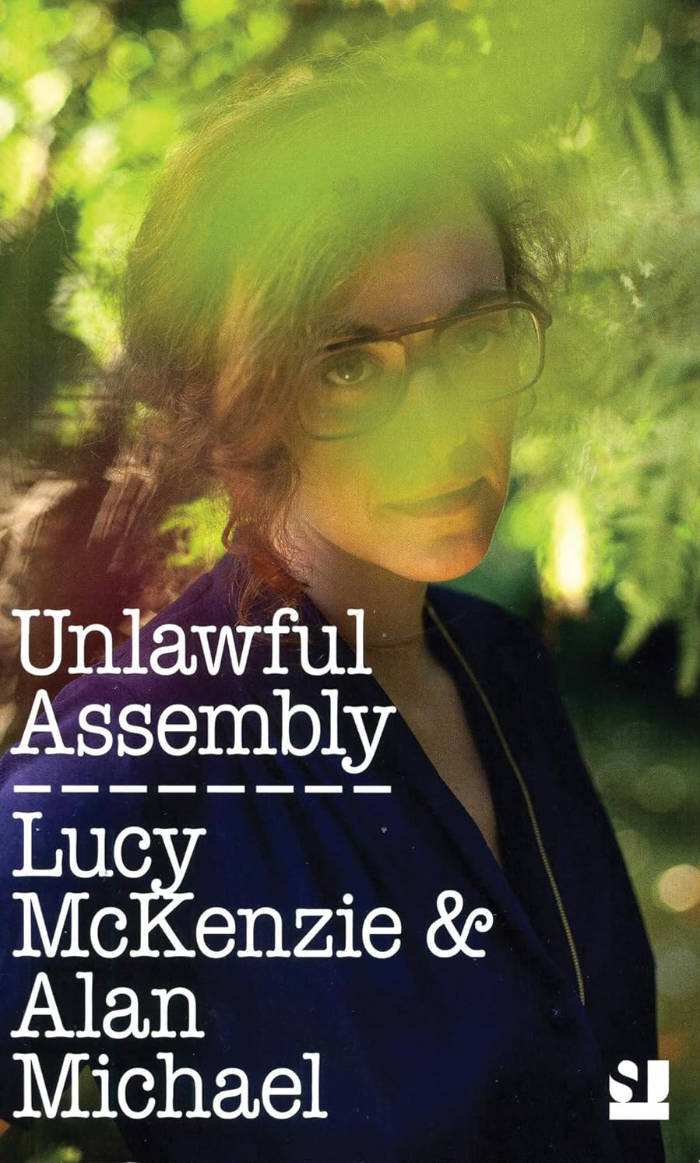
Problèmes de localisation
En sortant de l’école d’art, Élise Legal parcourt un monde de crises économiques, d’absurdités politiques et d’angoisses écologiques. Un monde dans lequel elle doit désormais légitimer sa démarche artistique dans des dossiers qui en font une fiction.
Problèmes de localisation contient sept textes, composés d’analyses critiques, de récits personnels et de poèmes, qui racontent cette entrée dans un environnement où circulent les corps, les marchandises, les informations et les capitaux. Élise Legal s’y déplace en voiture, en co-voiturage, en train, en bus ou en avion, découvrant ce que ce monde de transaction et de fluidité fait au langage. Elle cherche à comprendre comment il est incarné, échangé et habité dans les voix des pilotes d’avion, des startupers ou du président de la République, dans les textes de loi, les formulaires de demandes de bourses, la parole de ses enseigant·es, dans les textes de théorie critique comme dans la poésie des banquiers.
Élise Legal est artiste et autrice. Elle a étudié à l’École nationale supérieure des beaux-arts de Lyon et au Sheffield Institute of Arts. À travers une approche pluridisciplinaire qui mêle images trouvées, dessin et poésie, elle porte une attention particulière à la manière dont le langage et les corps coexistent. Elle poursuit également une thèse de recherche-création à Paris 8 qui porte sur l’agir politique de la poésie.
Graphisme : Olivier Lebrun





